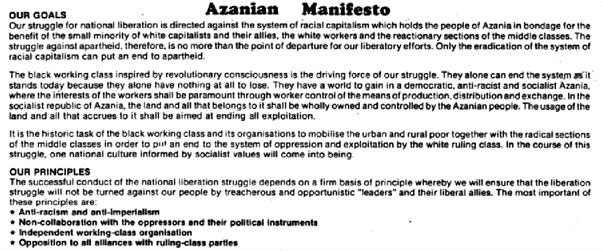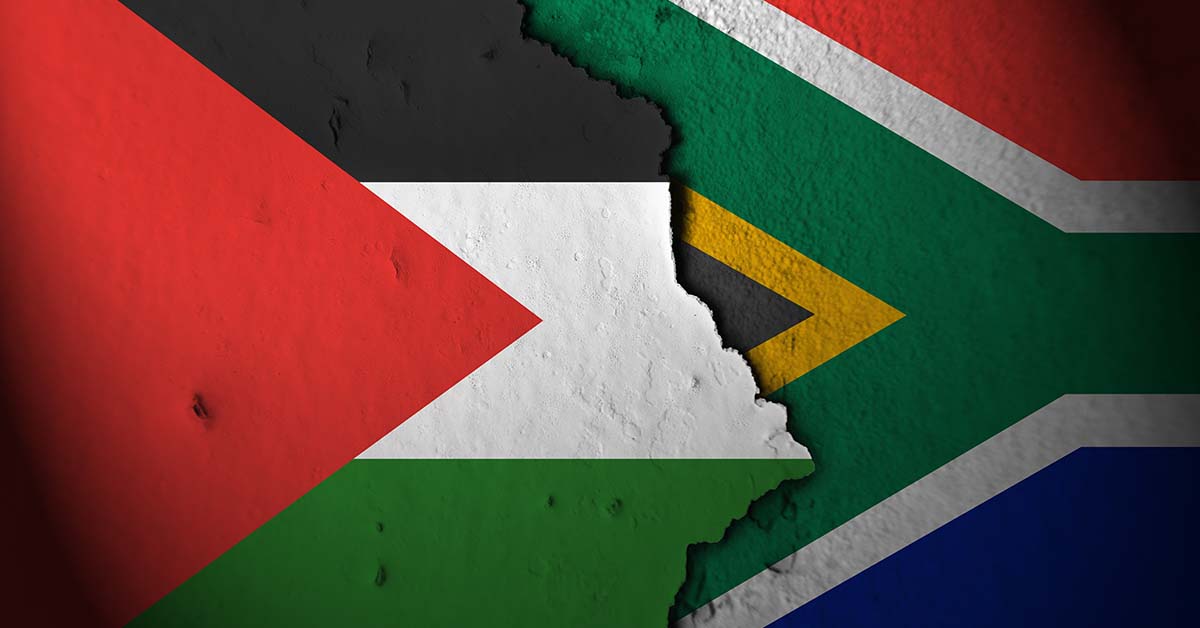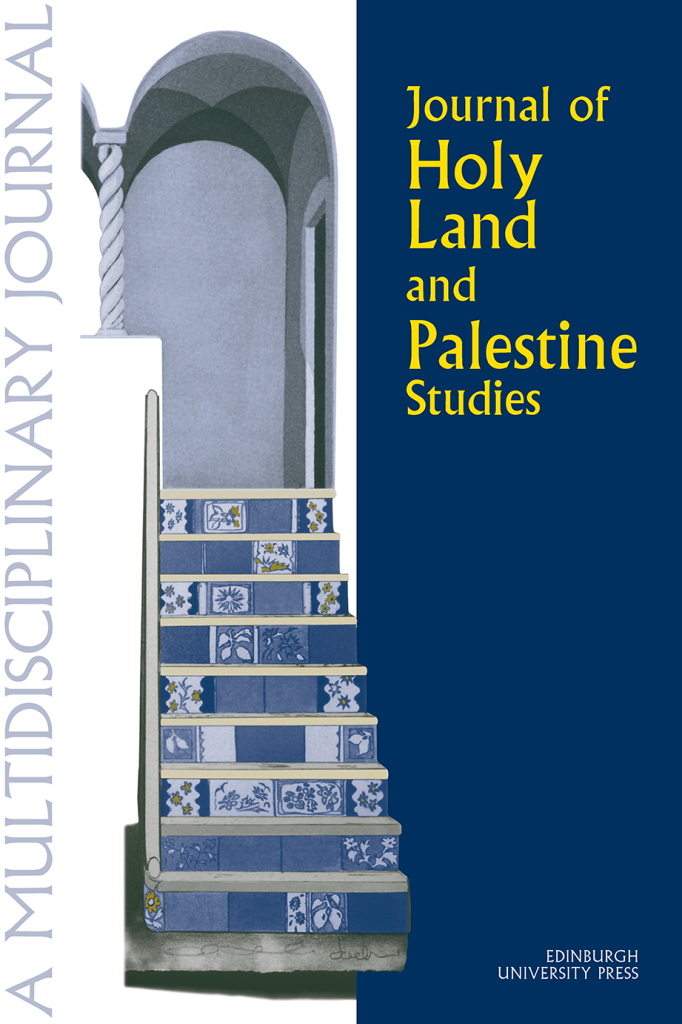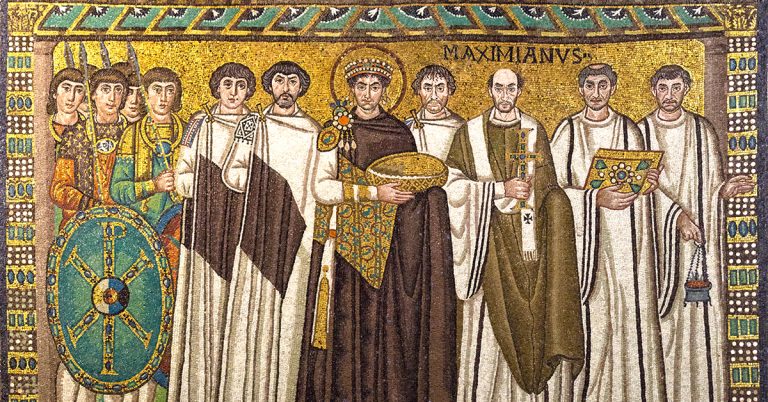
by Kieron Turner
The genocide in Palestine, the destruction of Gaza, settler fascism and encroaching colonialism in the West Bank, Jerusalem, the Naqab, across historic Palestine, as well as the assassinations and bombardments in Lebanon, are not disquieting spectacles of total immiseration. Like the slave plantations in the Americas, the Nazi ghettos and concentration camps, the bombed villages of Vietnam and Cambodia and the Apartheid Bantustans of South Africa, they are sites generative of resistance. As Edward Said remarked:
In human history there is always something beyond the reach of dominating systems, no matter how deeply they saturate society, and this is obviously what makes change possible.
The Palestinian people are not merely victims of the cruel inhumanities of Zionism, but active agents in a historical struggle for national liberation since the British imperialist Arthur Balfour signed away what was not his to give. They will not be dispossessed quietly into refugee camps and ghettos but will resist their incarceration, break free from their prisons and struggle as those before them to achieve the liberation of their lands from the river to the sea.
Solidarity with the Palestinians against Zionist colonialism requires us to trace the accumulated historical experience of struggle that realises itself through theory as a weapon in the confrontation between Imperialism and liberation. Racial Capitalism emerged as a theory from the reinscription of the historical experience of African peoples into a formulation that could articulate the destruction of what they knew was the cause of their suffering. That is, as described by the Black radical scholar Cedric Robinson, a system of accumulation on a world scale, disciplined by regimes of race, nationalism and colonialism in the production of variegated levels of humanity for the purpose of legitimating and reproducing exploitation and domination across historical time and space. The historical condition of the emergence of racial capitalism was the struggle against the white supremacist Apartheid entity of South Africa.
However, while comparisons have been drawn between Apartheid in South Africa and in Palestine, most notably by the Palestinian BDS Movement, these comparisons have often fallen short because they have relied upon definitions provided by international law and Eurocentric socio-political theories. Apartheid was not just a reflection of racist social views. But rather of a settler colony, backed by world Imperialism, notably the United States, Britain and later Israel, that sought to dominate the lands and labour of southern Africa while fostering a false “white unity” through uplifting poor whites upon the exploitation and dispossession of Indigenous Africans.
Just like Israel today in the Arab/Iranian region, South Africa wreaked havoc upon central and southern Africa through assassinations, invasions and stoking disastrous bloody civil wars. It pursued this havoc in an attempt to stop the expansion of Communist and national liberation movements, both internally and externally, which posed a threat to its goals of enriching a minority of white settlers, and the West more broadly, through the extraction of resources at the expense of the broken backs of Black labour. The comparisons fall short not only in historical analogy between the regimes, but also in relation to the forms which resistance took. The struggle to overthrow the Apartheid regime in Southern Africa was not achieved primarily by boycotts or marches in the West, but rather through militant solidarity, social uprisings and armed national liberation movements that confronted and defeated it on the ground.
Neither was this struggle merely a social justice struggle for equality in a system designed to be unequal. It was rather a national liberation movement, joined to the struggles of African and Third World peoples, aiming at the destruction of South African Apartheid as a system of racial capitalism. This was best articulated in the Azania Manifesto that declared:
The struggle against apartheid is no more than the point of departure for our liberation efforts. Apartheid will be eradicated with the system of racial capitalism.

Racial capitalism was born in the belly of the beast of white supremacist, colonial capitalism as a theoretical weapon in the struggle for the realisation of an alternative social order to Apartheid, colonialism and exploitation. If, as Said remarked, the point of theory is to travel, in that theory can only become truly transgressive in its translation into new sites of contestation and struggle, then the confrontation in South Africa required the generation of new theory ready for the task of confronting the ‘last white colony’ in Africa. Likewise, the theory of racial capitalism must be wielded for theorising Palestine as a terrain of struggle of world historic importance today, so as to inform our material practice in servicing the historical thrust of the Palestinian national liberation movement against Zionism as signifying a piece of the international struggle against racial capitalism as a world historical system. As Ghassan Kanafani declared, the heart of Imperialism is in Palestine; wherever you strike it, you serve the world revolution.
The current Gaza genocide cannot be seen as the end of the Palestinian people or their struggle. It is rather the beginning of another phase of the historical struggle for Palestinian and global liberation against racial capitalism and its Zionist vanguard. This realisation is central to building authentic solidarity with the Palestinian people now more than ever. As incarcerated Popular Front for the Liberation of Palestine member Khalida Jarrar stated in Freedom is Coming: Shattering Slavery and Emptying Prisons:
Palestine, and Gaza in particular, has been symbolic to the world as a paradigm in which colonial capitalism has developed its brutal oppressive tools, and attempts to annihilate an entire people […] Dismantling colonial and settler servitude is a crucial stage for humanity and for those who have suffered from its effects for decades, and who continue to reject and resist it till this day.
Sign up to our mailing list to stay up to date with all of our free content and latest releases
About the author
Kieron Turner is an independent researcher and public educator specialising in global social movement theory, Palestine and racial capitalism. He has published in the open access journal Interfere on direct action and Palestine (2022) and has chapters in the forthcoming Handbook of Decolonial Theory on racial capitalism as a theory of history (Sage, 2025), and Race and the Question of Palestine on Palestine, racial capitalism, and militarised accumulation (Stanford UP, 2025).
About the journal
The Journal of Holy Land and Palestine Studies is a fully international and multidisciplinary journal covering the history, politics, culture, religion, anthropology, sociology and economics of the Holy Land and Palestine.
Under the Subscribe to Open model, Volume 23 of the Journal of Holy Land and Palestine Studies flipped to Open Access and is therefore open for all to read.
Issue 23.2, edited by Kieron Turner and Ronit Lentin, is a special issue on Racial Capitalism and Palestine.
Sign up for TOC alerts, subscribe to the Journal of Holy Land and Palestine Studies, recommend to your library, and learn how to submit an article.







This seems pretty delusional, in a Dave Spart kind of way. How well did communism work out in Zimbabwe, I wonder, or maybe we’re not supposed to ask. Did the “strike” against the music concert on October 7th really “serve the world revolution”? If so, how? How much “freedom” is there under an Islamic theocracy? Perhaps EUP should employ editors with a more critical eye.
Palestine and the Ends of Theory:
https://www.tandfonline.com/doi/full/10.1080/19436149.2024.2404338